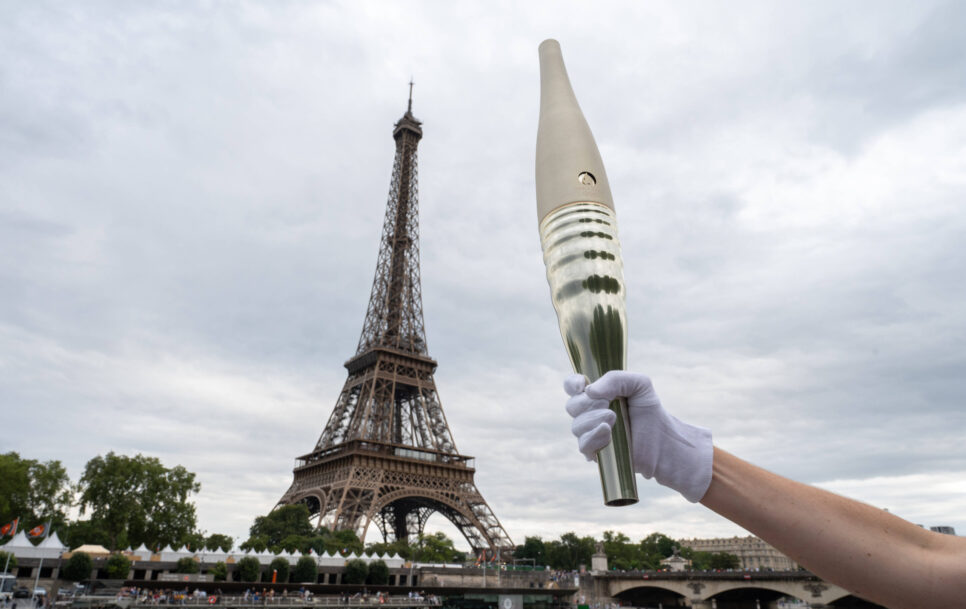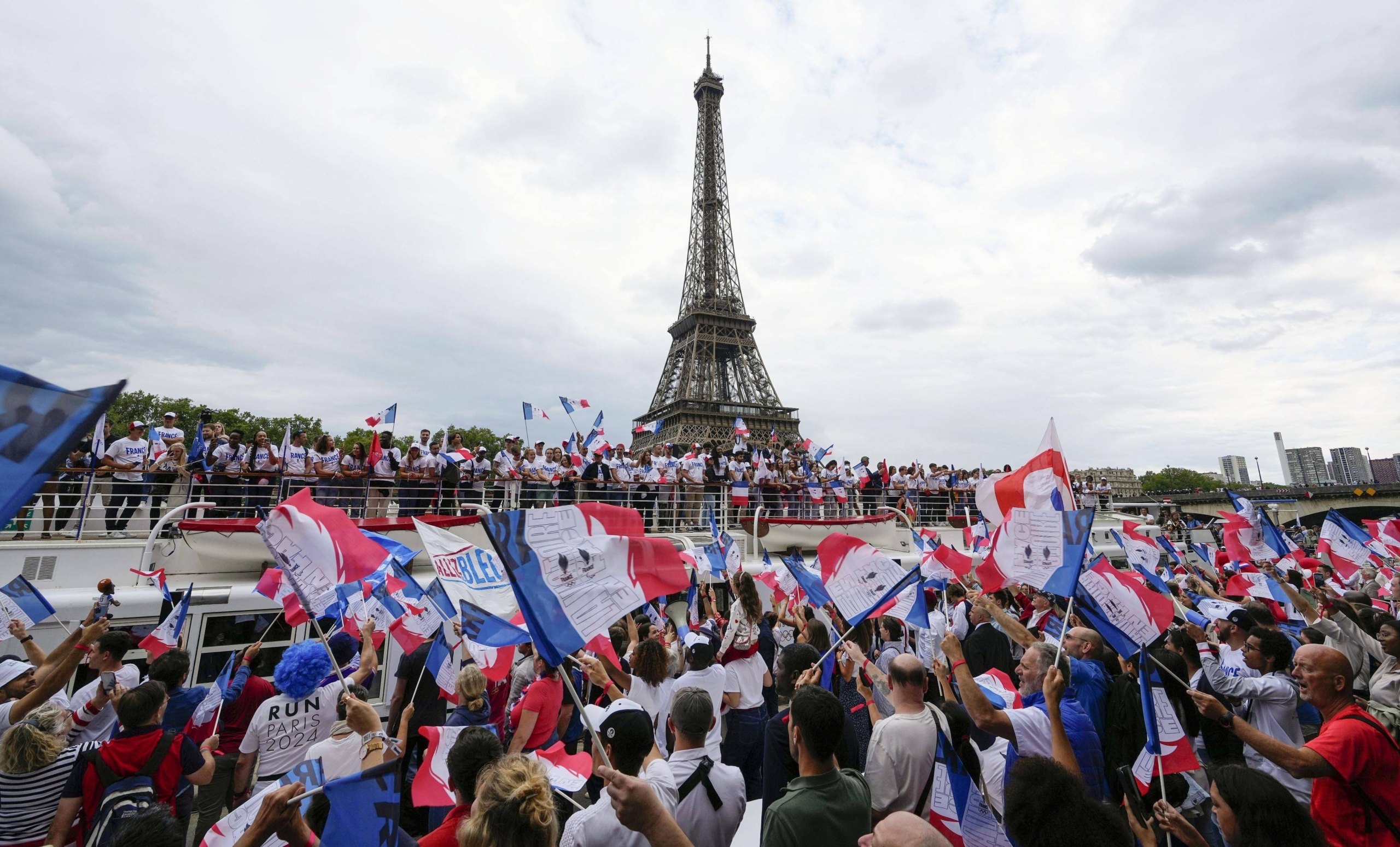A sneak peek behind Paris 2024
In late July and early August, the City of Love will be the witness of success and failure, of dreams and nightmares, of pride and prejudice. The 2024 Summer Olympics in Paris – officially the Games of the XXXIII Olympiad – are now less than four months away.
Paris is always a good idea.
The 2024 Olympic Games will consist of 32 sports encompassing 329 events, with 10,500 athletes (more or less) participating. There can be no question, the Olympics are still the largest multi-sport event in the world in terms of worldwide interest and importance. This is the one competition everyone wants to excel at. Well, almost everyone.
Paris will become the second city after London (1908, 1948, and 2012) to host the Summer Olympics three times; 2024 will mark the centenary of Paris 1924 while they also hosted in 1900. It will be the first Olympics to be held in France in 32 years, since the Albertville 1992 Winter Games. 16 other cities in France will be involved as well as Tahiti, a stunning island on the other side of the world.
The opening ceremony is set for July 26th. Athletes will be transported by boat along the Seine river, passing Louvre and Notre-Dame among other landmarks, before the “official protocol” gets underway at the Trocadero (also known as the piece of grass in front of the Eiffel Tower).
The opening ceremony could attract up to half a million spectators, with Paris visited by 15 million during the Olympics. Quite a spike from the spectatorless 2020 Tokyo Games (which, of course, were held behind closed doors due to Covid). This summer, there will be no such concerns. This will be a party for everyone.
A hundred years ago
But first, a trip down memory lane. In 1924, a total of 3,089 athletes competed in 17 sports (126 events). A whole 135 of them were women, as opposed to the equality today. They were the last Games organised by “the father of the modern Olympic Games” Pierre de Coubertin; they were the first Games to use the Olympic motto Citius, Altius, Fortius (swifter, higher, stronger).
1924 was the first time China, Ecuador, Ireland, Lithuania, and Uruguay attended the Olympics (and everyone minus China participated), while Latvia and Poland debuted at the Summer Games, having already appeared at the 1924 Winter Olympics – the first winter edition ever, held in the middle of the Alps in picturesque Chamonix.
Legendary Finnish runner Paavo Nurmi won five gold medals – individually in both the 1,500 and 5,000 meters, with only an hour between the starts, but also in the 3,000 m team and both cross country races (individual and team). He would probably have been a contender for the 10,000 m too (a distance he raced 17 times over his career and never lost), but the Finnish officials refused to enter him.
The 1981 Oscar-winning film Chariots of Fire immortalized British runners Harold Abrahams and Eric Liddell, who respectively won the 100 m and the 400 m events in Paris 1924; Liddell, an observant Christian, refused to compete in the shorter distance because it was held on a Sunday. Another hero of the Games was the American track athlete Harold Osborn, who won gold medals in both the decathlon and the high jump.
Canoeing was a demonstration sport for the first time before joining full-time 12 years later and still going strong a hundred years later – in 2024, 16 (!) sets of medals will be given out – while the only sport no longer scheduled is polo. Their Olympic inclusion lasted from 1900 to 1936. Basque pelota (a popular game in Basque Country, somewhat like squash), la canne (French martial art with canes as weapons), and savate (French kickboxing) were also part of the demonstration programme.
A hundred years later
The world is a little different now. Organizers briefly discussed bringing in esports in some form as a demonstration sport when bidding in 2017, but the inevitable was pushed back by the International Olympic Committee. Instead, skateboarding, sport climbing, and surfing will return after debuting at the 2020 Olympics while baseball/softball (it will return in 2028) and karate were left out.
The only new sport will be breaking (a fancy short name for breakdancing, which is apparently also known as b-boying or b-girling), a clear attempt to draw the attention of youth. While it originates from the early 1970s New York City, it is also mightily popular in multicultural France. It was important for the IOC to include demonstration sports that would be of interest to local people.
Teahupo’o village in Tahiti, 15,716 km away from Paris, should host the surfing competition; situated on the southwestern coast of Tahiti, in the middle of the Pacific Ocean, Teahupo’o is known for the heaviest waves in the world. However, the locals are not too keen, so the location debate is still somewhat open.
As for the athletes who will be remembered fondly by future generations, time will tell. In an era where top athletes are in the limelight, the results and records matter. Michael Phelps will be remembered until someone wins more gold medals (he currently leads with 23, the closest active athletes have seven); Usain Bolt will be the greatest sprinter ever until someone does what he did and more. To be great, pushing the limits is essential.
As the motto of Paris 2024 states, Ouvrons grand les Jeux – Games wide open. When the games end at the Stade de France on August 11th, hopefully all the talk will be about the heroes. New and old. Whatever happens, we’ll always have Paris.








